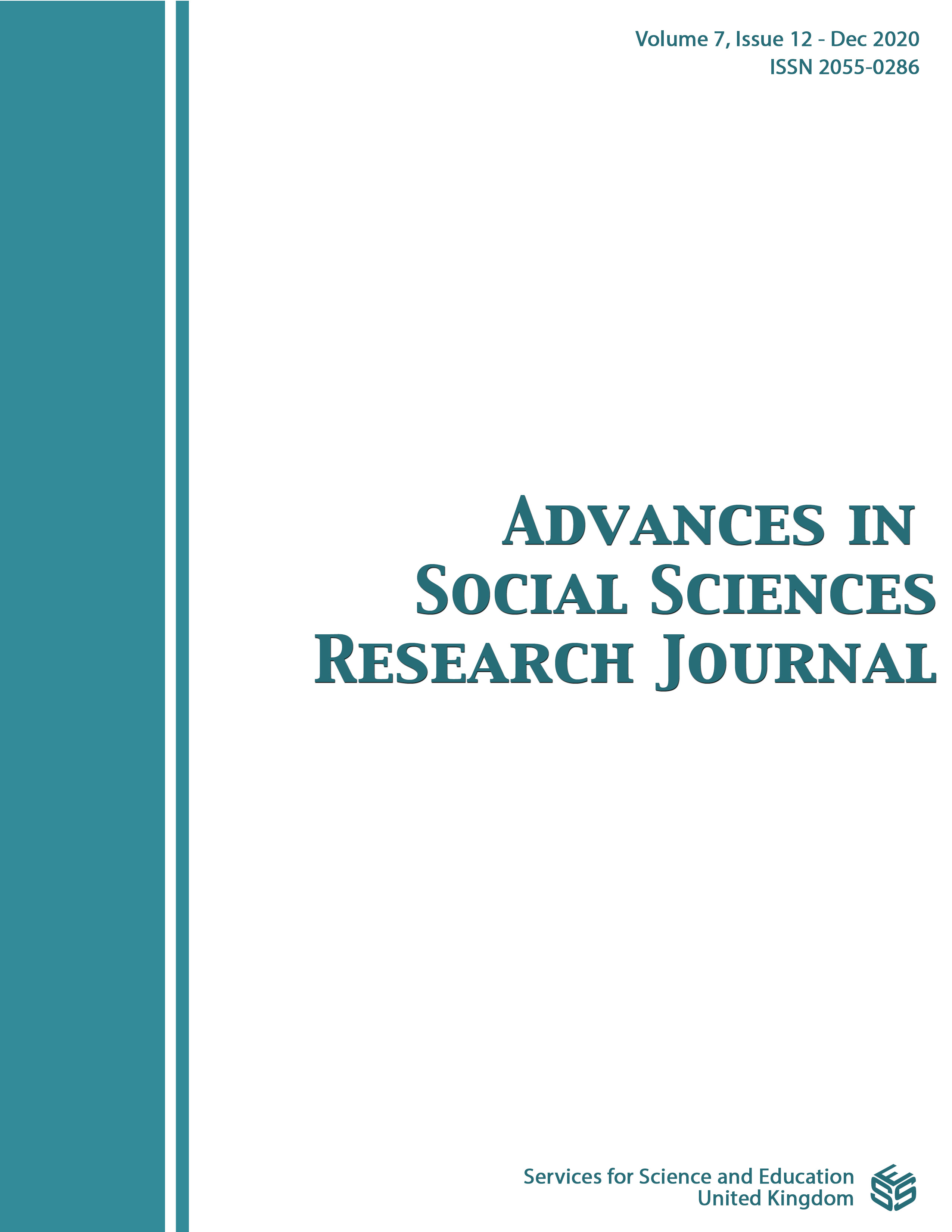CSR (Corporate Social Responsibility) Of PT. Sarihusada And Community Empowerment-Based Integrated Service Post (Posyandu) to Establish A Child Friendly Village In Yogyakarta Indonesia
DOI:
https://doi.org/10.14738/assrj.712.9457Keywords:
CSR, posyandu, childrenAbstract
Badran in Yogyakarta which is located in the river bank of Winongo river used to be known as a dirty and slum area. Some children were malnourished due to unhealthy food and environment. This situation led people to being determined to establish a village that is more conducive for children. In cooperation with PT. Sarihusada, the community empowered Posyandu(Integrated Service Posts) to help them improve their health especially toddlers. This research is a qualitative research since the research findings based on the research problems, purposes, approaches as well as analysis cannot be achieved by using statistical or quantitative approaches.This reasearch uses primary and secondary data sources. The sampling techniques used in this research are purposive sampling and snowball sampling. The data collecting technique was conducted through interactive methods including in-depth interviews, participant observation, and Focus Group Discussion (FGD).The data validation in this research was conducted by using the source triangulation and data analysis which consists of data reduction, data display and conclusions. The results of the research demonstrate that the Integrated Service Posts (Posyandu) that exist in Badran village are the results of collaboration between the people of the village and the CSR of PT. Sarihusada through Rumah Srikandi (The House of Srikandi). The operation of the Posyandu is managed fully by the cadres of the Posyandu itself who come from the Badran village. The nutritionists of PT. Sarihusada mentored the mothers who have toddlers the ways to process healthy and nutritious food. Furthermore, PT. Sarihusada also provides milk for toddlers everytime the service held at Posyandu. After the CSR program of PT. Sarihusada has been completed, people contributed 500 rupiahs a month for the operational costs of the Posyandu sustenance.
References
Hardinsyah. Supariasa,Nyoman,D, 2017, Ilmu Gizi :Teori & Aplikasi, Jakarta: EGC
Kementerian Kesehatan, 2011, Pedoman Umum Pengelolaan Posyandu. Jakarta : Kementerian Kesehatan RI.
Kincaid, Matthew. 2012., Building Corporate Social Responsibility Through Servant-Leadership. School Of Global Leadership &Entrepreneurship. Regent University. International Journal Of Leadership Studies, Vol. 7, Iss. 2, 2012, page 151-171
Kota Yogyakarta, 2013, Petunjuk Teknis KRA Kota Yogyakarta, Not published
Mardikanto, T. 2014. Corporate Social Responsibility (Tanggunhgjawab Sosial Korporasi), Bandung: Alfabeta.
Peraturan Menteri Negara Pemberdayaan Perempuan RI No. 2 Tahun 2009 tentang Kebijakan Kabupaten/Kota Layak Anak, Not published
.
Sarosa, S. 2012. Penelitian Kualitatif Dasar-dasar. Jakarta: Indeks.
Sugiyono. 2013. Metode Penelitian Kuantitatif Kualitatif dan R&D.Bandung: Alfabeta
Suharto,Edi. 2010. CSR Dan Comdev Investasi Kreatif Perusahaan Di Era Globalisasi. Bandung: CV. Alfabeta.
Sutopo,HB. 2006. Metodologi Penelitian Kualitatif. Surakarta: Sebelas Maret University Press.
Downloads
Published
How to Cite
Issue
Section
License
Authors wishing to include figures, tables, or text passages that have already been published elsewhere are required to obtain permission from the copyright owner(s) for both the print and online format and to include evidence that such permission has been granted when submitting their papers. Any material received without such evidence will be assumed to originate from the authors.






